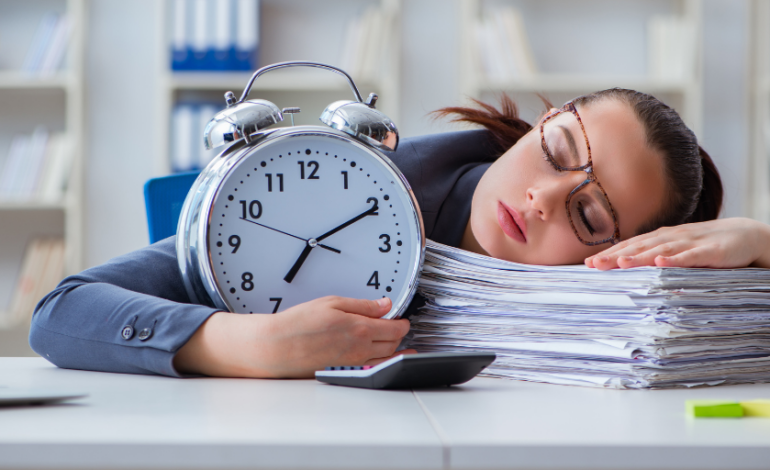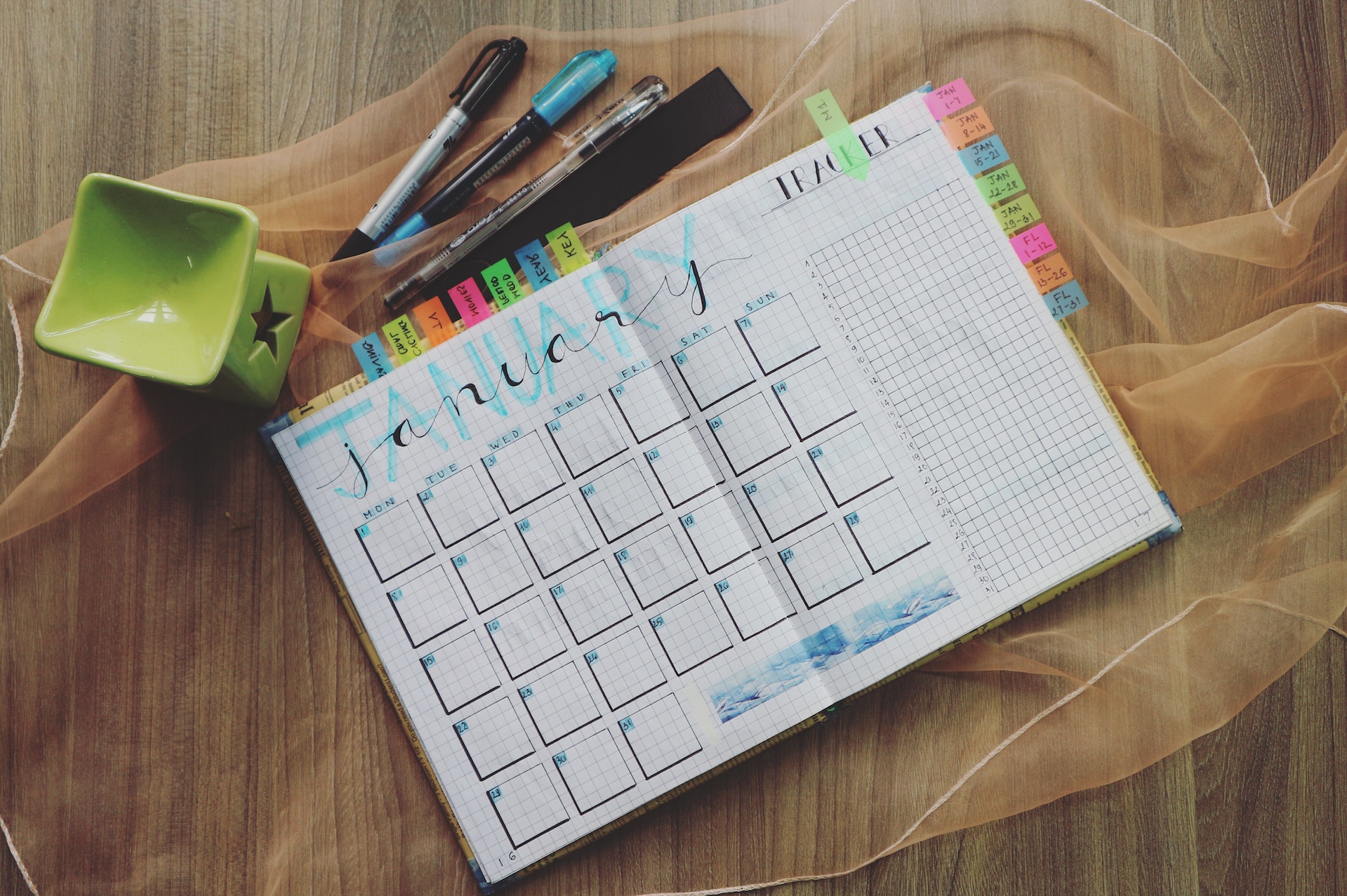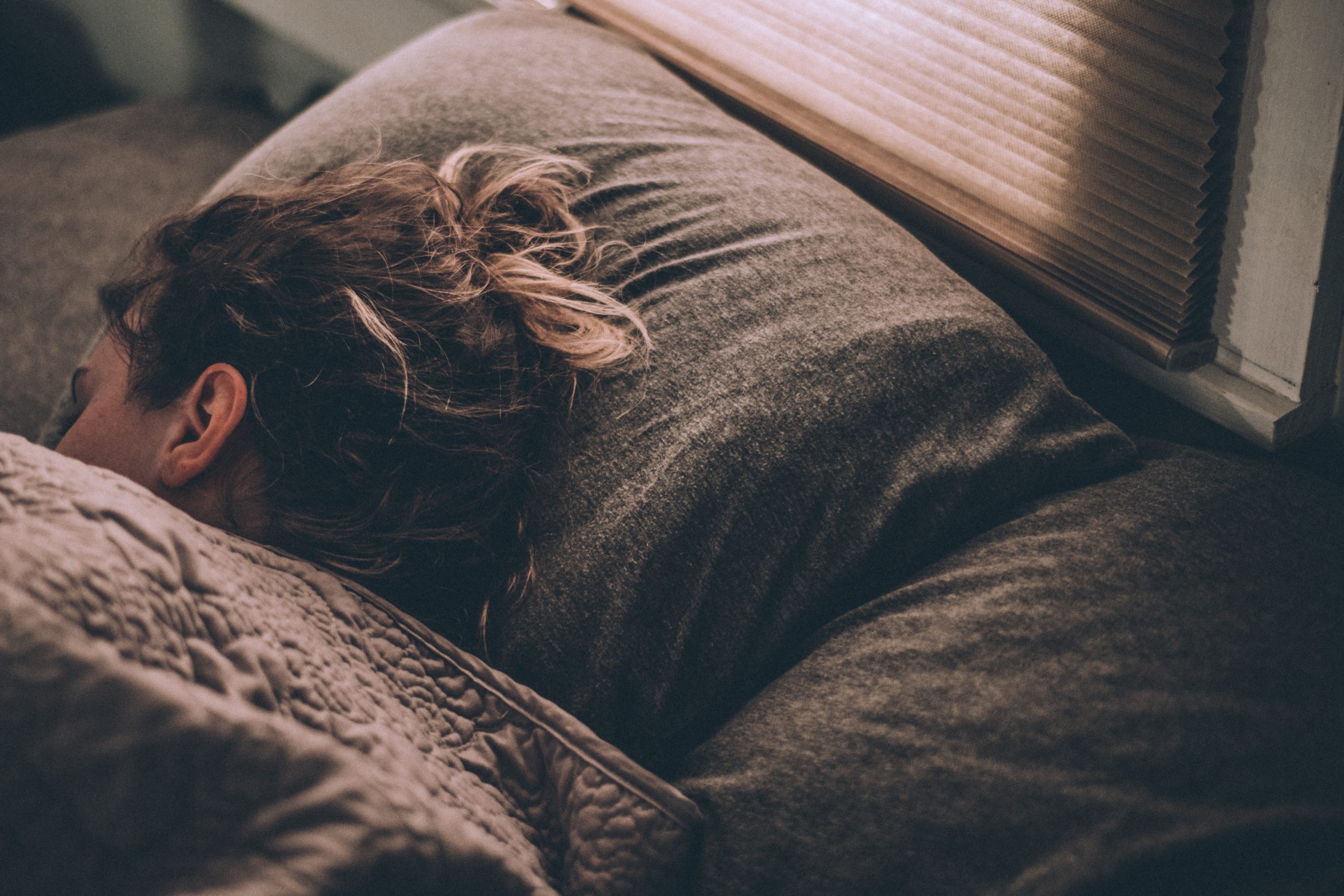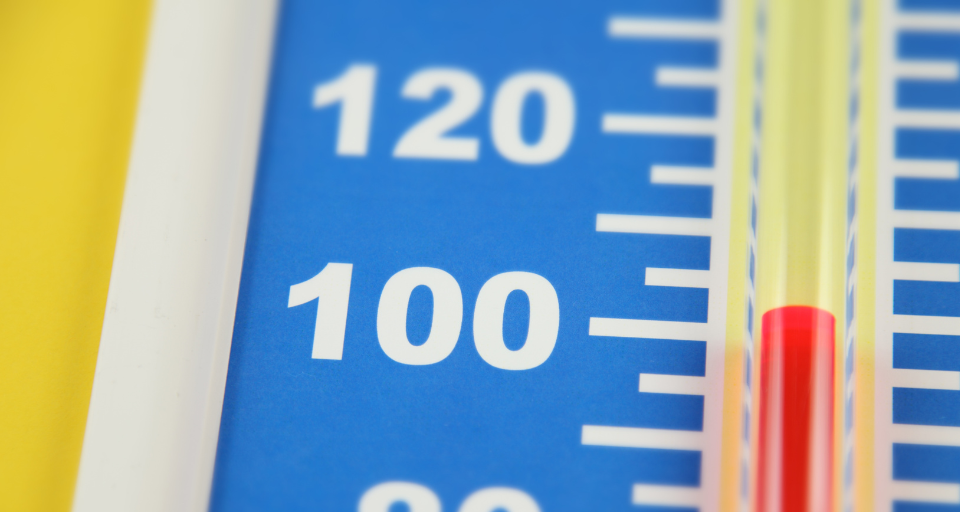What You Should Know About Sleep and Concussions
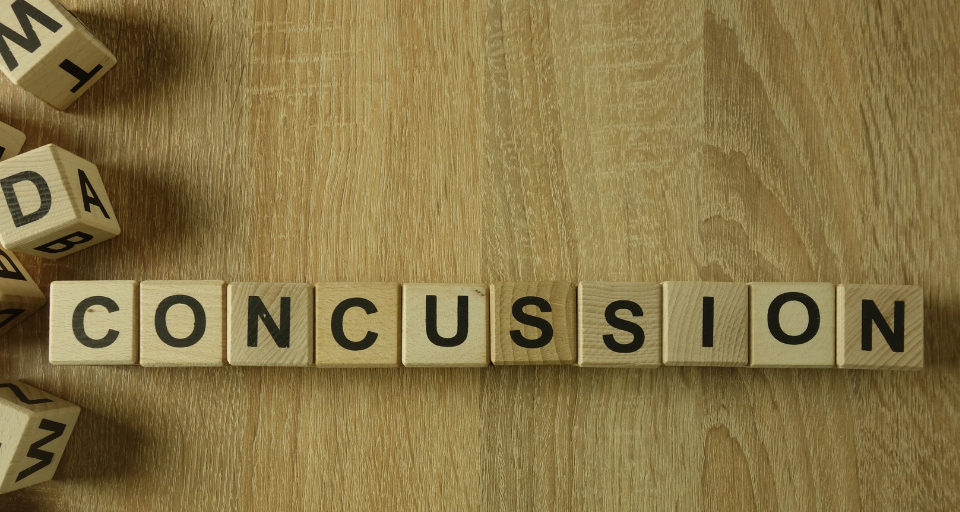
When it comes to concussions, there’s nothing more important than getting the proper rest. Sleep is a crucial factor in recovery from such an injury – but what do you need to know about sleep and concussions? We’ll explore the complexities of concussion treatment and how sleep can help with recovery. From understanding why it’s important to following sleep protocols after a head injury, we dive into everything you need to know about sleep and concussions.
What is a concussion?
A concussion is a type of brain injury that can occur after a blow to the head or body. Symptoms of a concussion can include headache, dizziness, nausea, vomiting, fatigue, sleepiness, and difficulty concentrating. A concussion can also cause changes in mood, like irritability or sadness. Most people with concussions recover within a few days or weeks. But some people may have long-term problems.
How does sleep affect concussions?
Concussions can have a serious effect on your sleep. While you may feel fine during the day, you may have trouble sleeping at night. You may find that you can’t fall asleep or stay asleep. You may also have trouble with concentration and memory.
If you’ve had a concussion, it’s important to get plenty of rest. But that doesn’t mean you should just sleep all the time. In fact, too much sleep can actually make your symptoms worse. Aim for 8 hours of sleep each night. If you can’t sleep that long, take naps during the day. Just be sure not to nap for more than an hour at a time or you may have trouble falling asleep at night.
The importance of getting enough sleep after a concussion
After a concussion, it is important to get enough sleep. This is because sleep helps the brain to recover from the injury. When you are asleep, your brain has a chance to rest and heal.
If you do not get enough sleep after a concussion, you may have problems with thinking and memory. You may also be more likely to have another concussion. That is why it is important to get enough sleep after a concussion.
Tips for getting a good night’s sleep
If you’re living with concussion, you may find that it’s harder to fall asleep or stay asleep through the night. You might also have trouble with early morning waking or daytime fatigue. All of these can be extremely frustrating and make it difficult to function during the day. Here are some tips to help you get a good night’s sleep:
Stick to a regular sleep schedule as much as possible. Go to bed and wake up at the same time each day, even on weekends. This will help regulate your body’s natural sleep-wake cycle.
Create a soothing bedtime routine. A few relaxation techniques can help prepare your mind and body for sleep.
Avoid caffeine before bedtime. It can interfere with sleep.
Make sure your bedroom is quiet, dark, and cool. A comfortable sleeping environment will help promote better sleep.
Limit screen time in the hours leading up to bedtime. The blue light from screens can disrupt your natural sleep-wake cycle and make it harder to fall asleep at night.
Important! Always follow your doctor’s advice.
How to Improve Sleep After Concussion
If you’re dealing with a concussion, one of the most important things you can do is get enough sleep. Sleep can help your brain heal. But if you’re dealing with insomnia or other sleep problems, it can be hard to get the rest you need. Here are some tips for improving sleep after a concussion:
• Take it easy during the day. Avoid strenuous activity and give yourself time to rest
• Establish a regular sleep schedule. Go to bed and wake up at the same time each day
• Create a relaxing bedtime routine. This could include taking a warm bath or reading a book before bed
• Keep your bedroom dark and quiet. Consider using an eye mask or earplugs if noise is an issue
• Limit caffeine and alcohol intake. Both of these substances can interfere with sleep
Get enough sleep after concussion is very important for our health, although sometimes we may find it difficult to follow these tips due to our hectic lifestyles.
Sleep plays an important role in the recovery of those who have experienced a concussion. Ensuring that adequate amounts of restful sleep are taken is key to helping reduce symptoms and eventually returning to everyday activities. Keeping track of your sleep habits, making time for naps, and creating healthy sleeping environments can all help you get the sleep you need to make a successful recovery from a concussion. When in doubt, always consult with your physician or medical provider if you’re concerned about any symptoms related to a head injury.
Warning: this article does not constitute medical advice. The article contains the author’s personal opinion and personal conclusions and observations. If you have problems with sleep or are interested in other issues related to it, it is better to consult your doctor.

